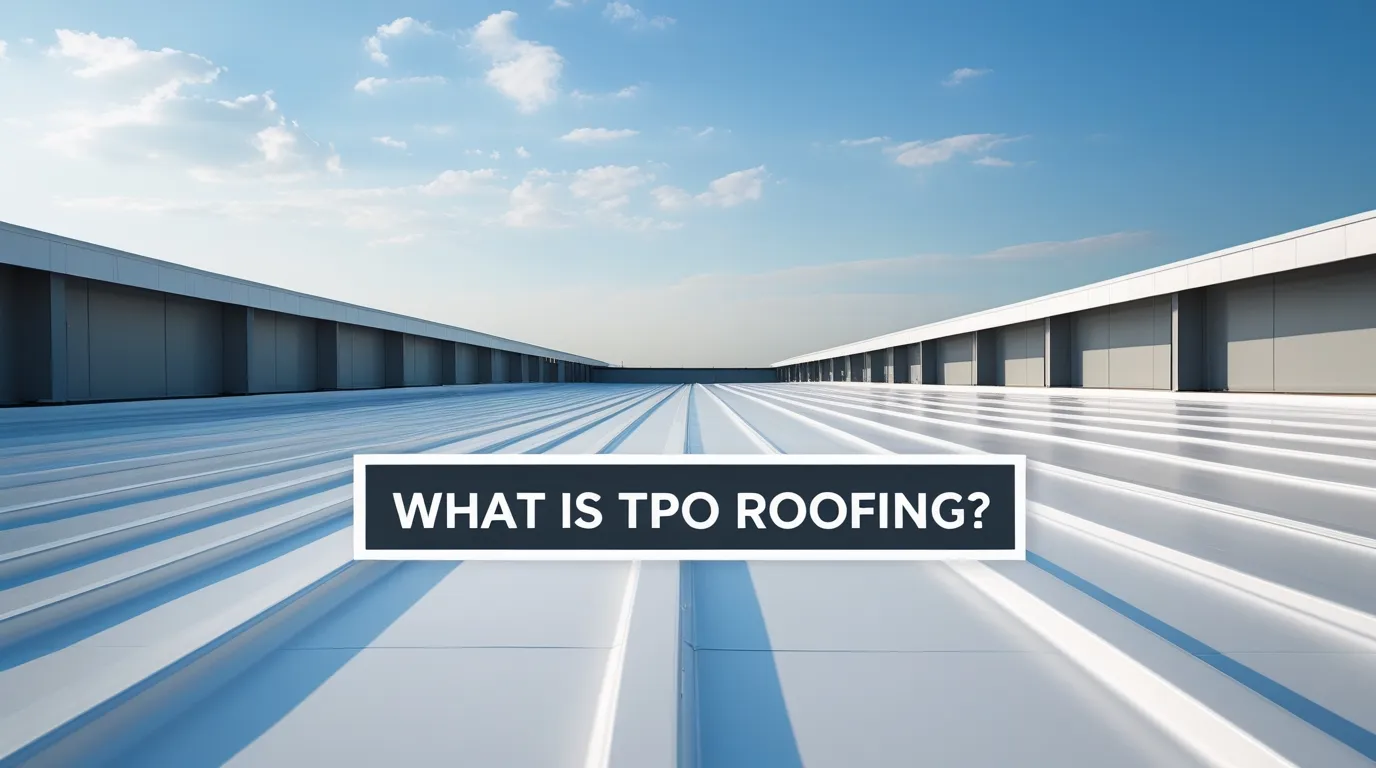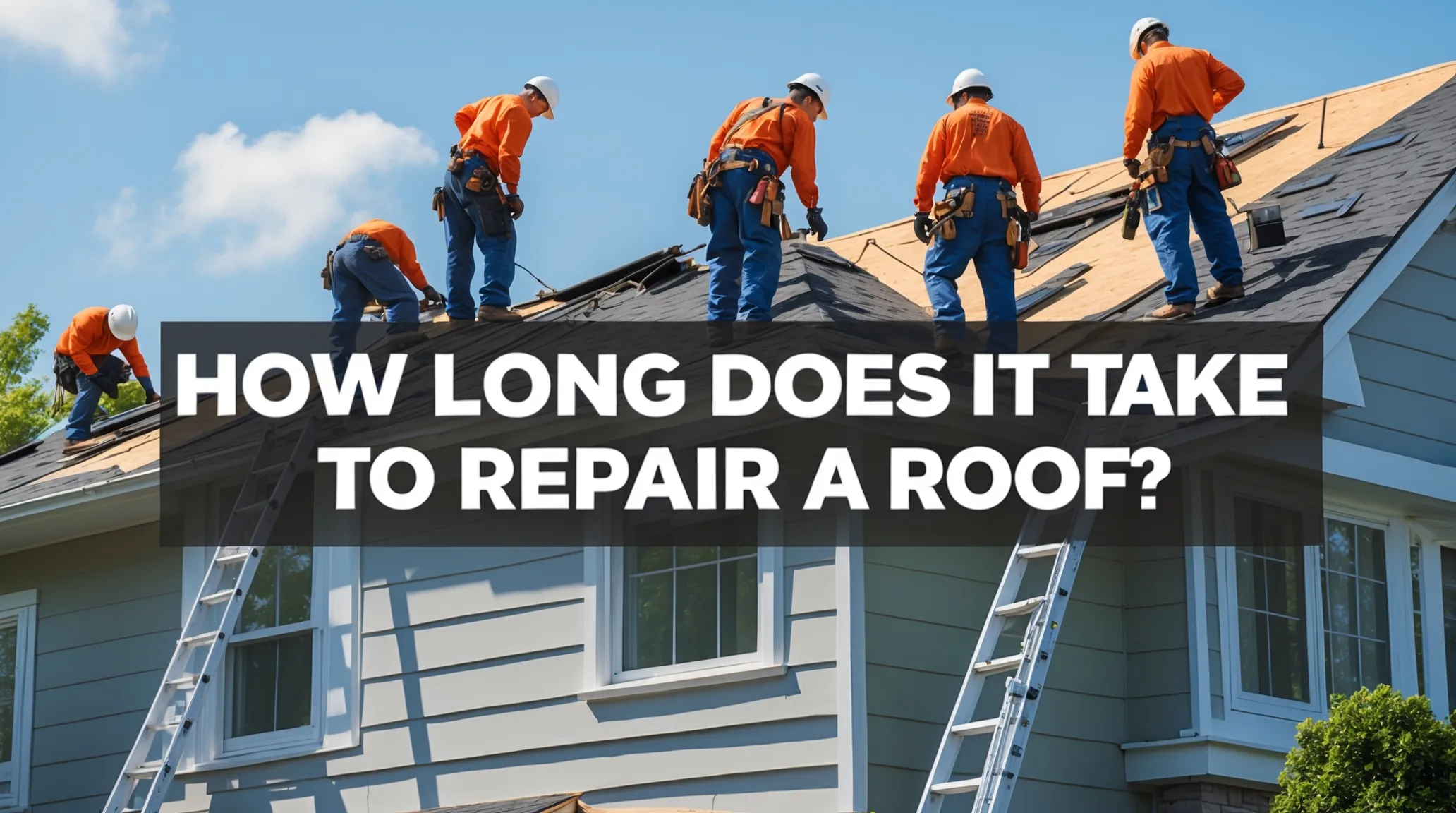Buying a new home is exciting, but it also comes with many questions. One of the most common concerns is protection against problems that may appear after moving in. A new construction home warranty is designed to provide homeowners with peace of mind by covering defects in workmanship, materials, or structure. This article explains what builder warranties are, what they usually cover, how long they last, and why they are important. You’ll also learn the difference between builder and home warranties, what systems like plumbing, roofing, and foundations are protected, and how long coverage lasts in your area. With insights from FONZ Construction, you’ll understand how warranties work and how to use them to protect your home investment.
Understanding New Construction Home Warranty Basics
A newly built home looks perfect, but problems can appear even in brand-new spaces. For example, drywall may crack, doors may not close evenly, or windows could leak during heavy rain. To address these issues, builders usually provide a new construction home warranty. This warranty is essentially a written promise that the builder will repair or replace certain parts of the home if they fail within a set period. Unlike insurance, which covers accidents or disasters, warranties specifically focus on construction quality. They give homeowners confidence that the builder will stand behind the work.
Having a warranty is more than a legal requirement it is a trust agreement between you and the builder. It tells you that if something goes wrong due to poor workmanship or materials, you are not left paying the bill. This protection is especially important during the first few years of homeownership when hidden defects are most likely to appear.
Why Every New Homeowner Should Know About Builder Warranties
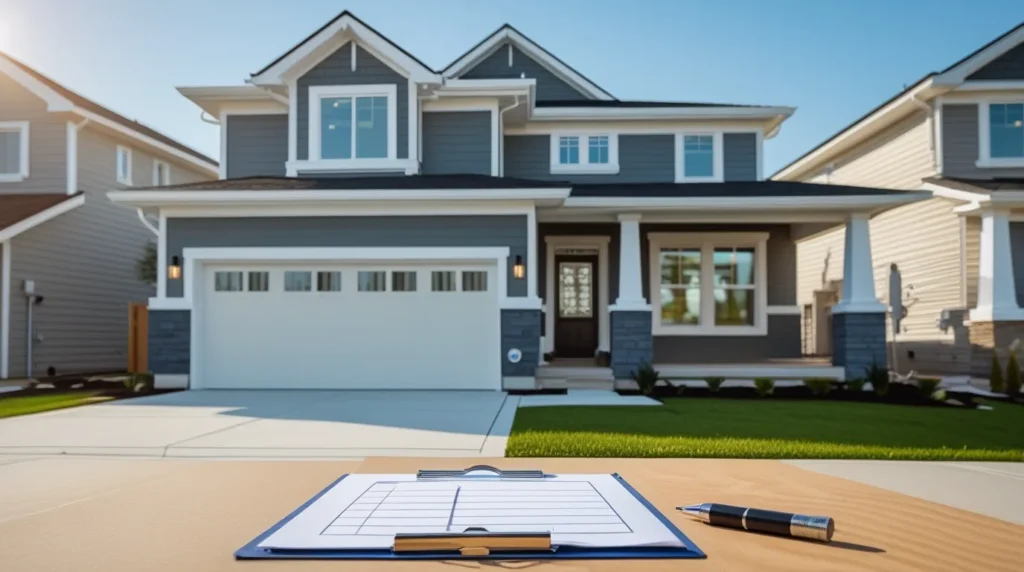
Many homeowners assume their new home is problem-free. While modern building standards are high, even the best builders cannot guarantee perfection. Materials settle, foundations shift, and systems may fail earlier than expected. That’s where builder warranties become essential.
For example, a builder warranty on new construction may cover issues with your roof, plumbing, or electrical systems. If your heating stops working six months after moving in, the builder is often responsible for repairs under the warranty. Without this coverage, homeowners might spend thousands of dollars fixing something that was never their fault.
By learning what a warranty includes and excludes, homeowners can make informed requests. Filing claims within the correct timeframe ensures the builder resolves problems before coverage expires. For families, this means fewer unexpected costs and more confidence that their new house is safe and durable.
What Does a Builder’s Warranty Cover in Practice?
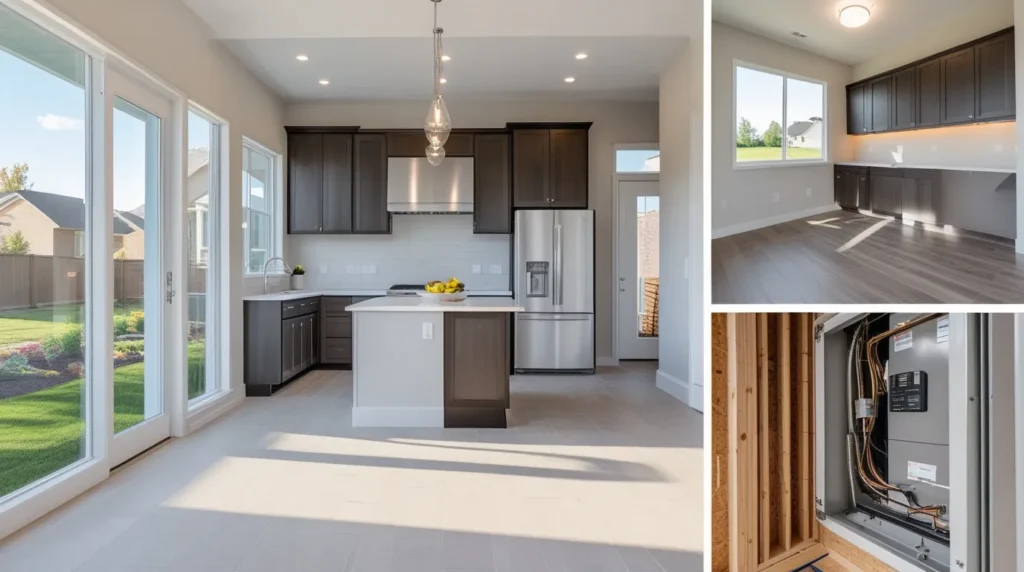
The big question homeowners ask is: what does a builder’s warranty cover? Most builder warranties have three main areas of coverage: workmanship, systems, and structure.
- Workmanship and Materials: This includes visible parts of the home like flooring, cabinets, drywall, doors, and windows. If these fail because of poor installation, the builder is responsible.
- Major Systems: Systems like plumbing, electrical, and heating are usually covered for two years, though some builders extend this. For example, if your water pipes leak or outlets stop working, the builder should fix them.
- Structure: Structural coverage lasts the longest, often up to ten years. It includes the foundation, load-bearing walls, and roof framing.
There are limits. Builder warranties don’t cover normal wear, poor maintenance, or damage caused by homeowners. For example, if a sink clogs because of improper use, that’s not covered. But if a pipe bursts due to faulty installation, the warranty should apply.
New Construction Home Warranty and the One-Year Builder Coverage
The most common coverage period is the one year builder’s warranty new construction homeowners receive at closing. This first year is when many minor problems appear. Paint may peel, doors may stick, or tiles may loosen. These issues might seem small, but they affect comfort and quality of life.
The new construction home warranty during the first year is meant to fix these problems quickly. Homeowners should make a checklist of concerns and report them before the year ends. Builders are generally required to address the issues as long as they are reported on time.
This warranty is often called the 1-year builder warranty or builder one-year warranty, and it is standard across most states. It provides peace of mind that if mistakes in craftsmanship show up, they will be corrected at no cost to the homeowner.
Beyond the First Year The 10-Year Structural Warranty for New Homes
While the first year covers finishes and systems, the 10-year structural warranty for new homes provides protection against serious failures. Imagine discovering cracks in your foundation five years after moving in. Without structural coverage, repairs could cost tens of thousands of dollars.
Most builders 10-year structural warranty plans focus on the foundation, load-bearing walls, beams, and roof framing. These are the bones of the house. If they fail, the home’s safety is at risk. A 10 year builder warranty is not just valuable it’s critical.
Builders sometimes partner with builders warranty insurance companies to back these promises. That way, even if the builder goes out of business, the warranty is still honored. For homeowners, this long-term guarantee makes a new build far less risky.
New Home Warranty Coverage: What’s Typically Included and Excluded
When people hear “warranty,” they often assume it covers everything. In reality, new home warranty coverage has limits. Here’s what’s usually included:
- Workmanship: Carpentry, flooring, trim, and paint
- Systems: Plumbing, electrical, heating, and air conditioning
- Structure: Foundation and framing, often for 10 years
What’s excluded? Landscaping, fences, small cracks in concrete, or damage caused by natural disasters usually aren’t covered. Also, if you fail to maintain the home properly like not cleaning gutters or not sealing caulk repairs may be denied.
That’s why it’s important to ask your builder for a full list of inclusions and exclusions. This clarity prevents disappointment and helps you plan for maintenance tasks that remain your responsibility.
Plumbing, Roofing, and Foundation Protection in New Build Warranties
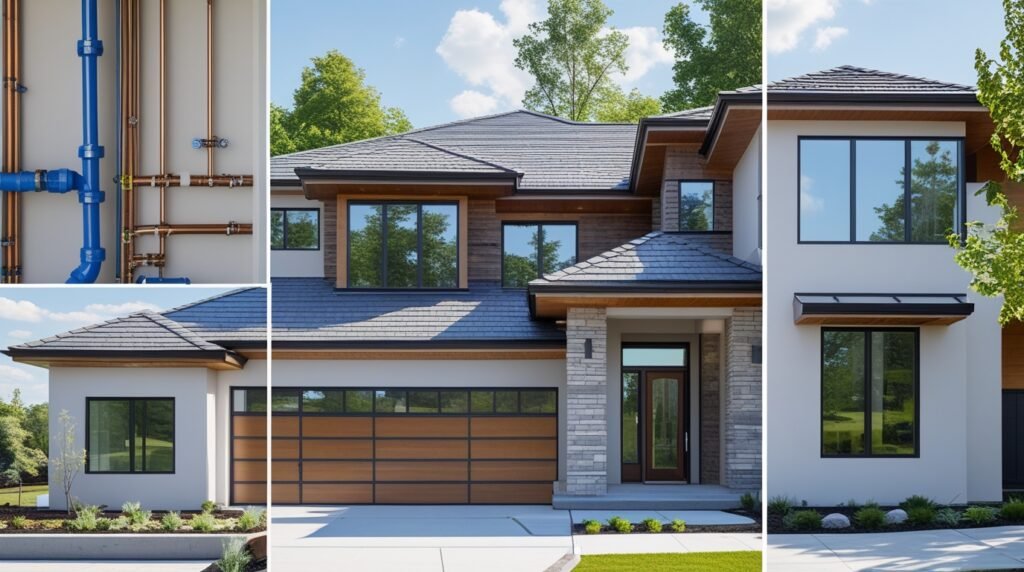
Homeowners often wonder about specific parts of the house. Is plumbing covered under builder’s warranty? The answer is yes, but usually for a limited time, often one or two years. A new house plumbing warranty ensures pipes, drains, and water supply systems work as intended.
The new construction roof warranty or new home roof warranty often lasts longer, sometimes 5–10 years, depending on the builder and materials used. Roofing is essential because leaks can cause expensive water damage.
Finally, the new home foundation warranty is usually tied to the 10-year structural warranty. Foundations are one of the most expensive parts of a home to repair, so having coverage is a major benefit.
These protections give peace of mind that the most critical systems of your new build are safeguarded against defects.
Builder Warranty vs Home Warranty Key Differences You Should Know
It’s important to understand the difference between a builder warranty vs home warranty. A builder warranty comes directly from the builder and is included in the cost of the home. It focuses on construction quality covering workmanship, systems, and structure.
A home warranty, often purchased separately, covers appliances and systems after the builder warranty ends. For example, if your refrigerator or dishwasher fails, a home warranty may replace it.
Think of it this way: the builder warranty protects you from defects caused by construction. The home warranty protects you from normal breakdowns after you’ve lived in the home. Both are useful, but they serve different purposes.
Standard Builder Warranty vs Custom Home Warranty Options
Most builders provide a standard builder warranty, which follows common guidelines: one year for finishes, two years for systems, and ten years for structure. But some companies offer more.
A custom home warranty may extend coverage for certain systems, include luxury finishes, or cover unique features like custom cabinetry. Builders may also offer extended plans through builder home warranty insurance companies.
For buyers of high-end or custom properties, these options provide added protection. Asking about standard builder warranty versus custom home warranty ensures you understand your choices before signing a contract.
How Long Does a Builder Have to Warranty a House in Hillsboro?
In most areas, builders follow industry guidelines: one year for materials and workmanship, two years for systems, and ten years for structure. In Hillsboro, these standards generally apply as well.
However, some states require builders to offer specific protections by law. For example, many states require a 10-year foundation warranty. Others allow builders to decide what coverage they include. Because rules can vary, it’s important to ask: How long does a builder have to warranty a house?
The safest step is to get everything in writing. Ask about structural warranties, roofing coverage, and how long systems like plumbing and HVAC are included. This ensures you know exactly what to expect if problems arise.
Protecting Your Investment with FONZ Construction’s Trusted Home Warranty Guidance
Buying a new home is one of the biggest financial decisions you will ever make. Understanding warranties helps you protect that investment. When you choose FONZ Construction, you gain more than a builder you gain a partner who guides you through every step of warranty protection.
From explaining coverage details to helping you file claims, FONZ Construction ensures you know your rights as a homeowner. This builds trust, prevents costly mistakes, and gives peace of mind that your home is backed by professionals. With the right guidance, a warranty is not just paperwork it’s a real shield for your home
Looking for a builder you can trust with both quality and warranty support? Contact FONZ Construction today and discover how we protect your new home from the start.

